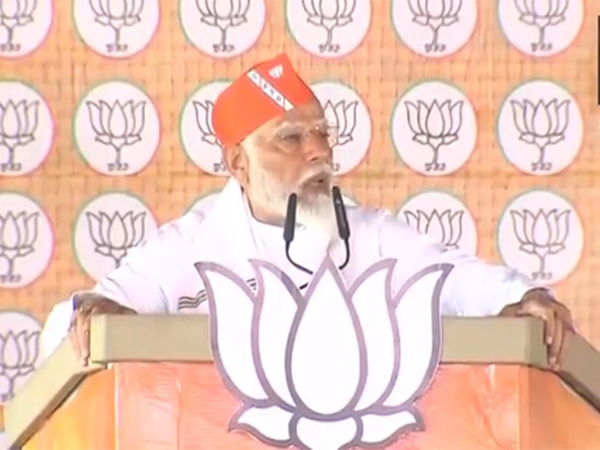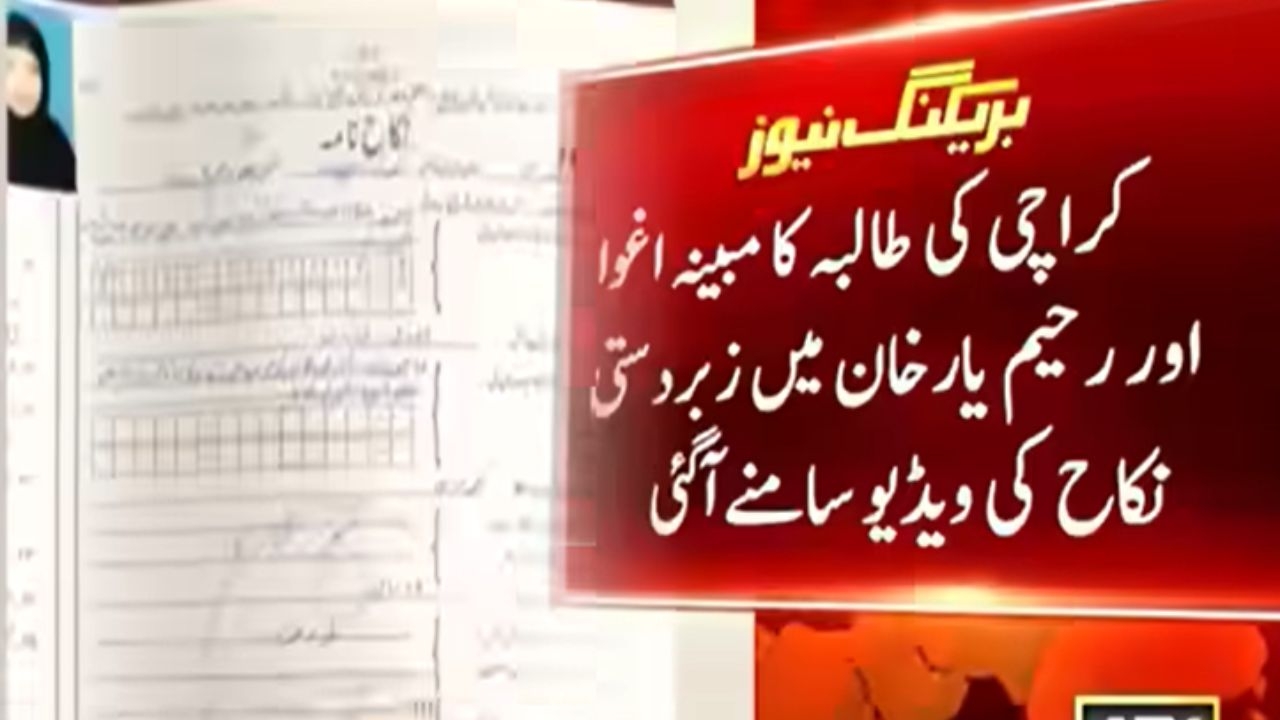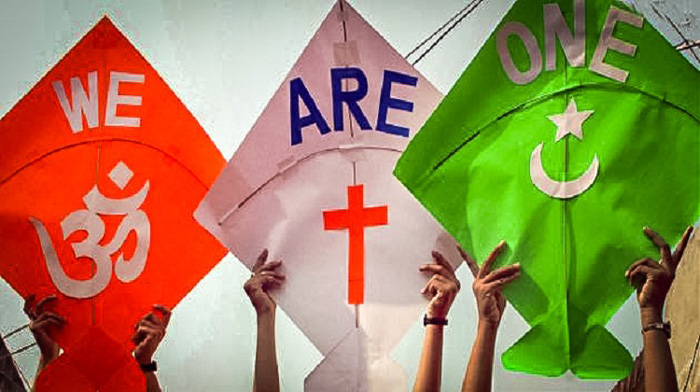
The Supreme Court on October 10 asked the government to take a quick decision on uniform civil code to end the confusion over personal laws. The government has been given three weeks to come up with a proposal to amend the Christian divorce act.
"If you want to have a uniform civil code, have it, you want to follow the uniform civil code, follow it. But you must take a decision soon," a bench, headed by justice Vikramjit Sen, told solicitor general Ranjit Kumar.
The matter surfaced during the hearing of a public interest litigation filed by Delhi resident Albert Anthony, seeking the waiver of a two-year mandatory separation period before a Christian couple can move court for divorce by mutual consent. For other religions, the separation period is one year.
Under the PIL, Anthony challenged the validity of Section 10A (1) of the Divorce Act, 1869, saying the two-year mandatory period of separation was biased against the Christian community amounting to "hostile discrimination".
What is Uniform Civil Code?
The term civil code is used to cover the entire body of laws governing rights relating to property and otherwise in personal matters like marriage, divorce, maintenance, adoption and inheritance.
Currently, different laws govern these aspects for different communities in India. Thus, the laws governing inheritance or divorce among Hindus would be different from those pertaining to Muslims or Christians and so on.
The demand for a uniform civil code essentially means a unification of all these "personal laws" to have one set of secular laws which will be applicable to all citizens of India irrespective of the community they belong to.
What the Constitution says
Article 44, which is one of the "directive principles" laid down in the Constitution reads: "The State shall endeavour to secure for the citizens a uniform civil code throughout the territory of India." As Article 37 of the Constitution itself makes clear, the directive principles "shall not be enforceable by any court". Nevertheless, they are "fundamental in the governance of the country".
The Shah Bano case (1985)
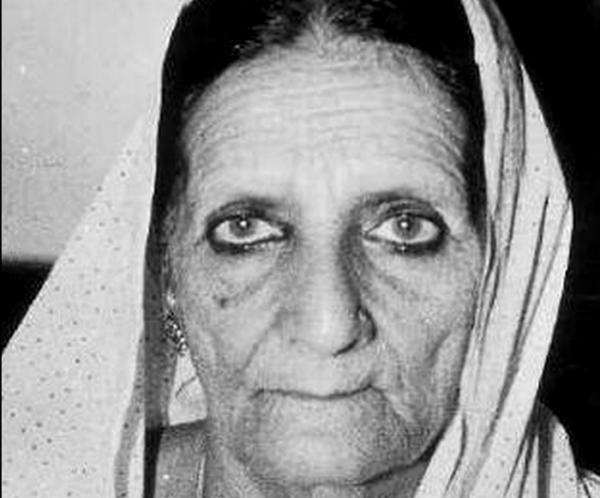
Shah Bano.(File Photo)
The Supreme court has always had its concerns in place for the implementation of the uniform civil code.
The most famous case in this context is the 1985 Shah Bano case. 60-year-old Shah Bano went to court demanding maintenance from her former husband. The court ruled in her favour and Shah Bano was entitled to maintenance from her ex-husband under Section 125 of the Criminal Procedure Code (with an upper limit of Rs. 500 a month) like any other Indian woman. But the case created uproar with the Muslim clergy and the Muslim Personal Law Board denouncing the judgement.
The then-Prime Minister Rajiv Gandhi initially supported the judgement. However, as the Muslim Personal Law Board's campaign against the judgement gathered momentum, Gandhi reversed his decision.
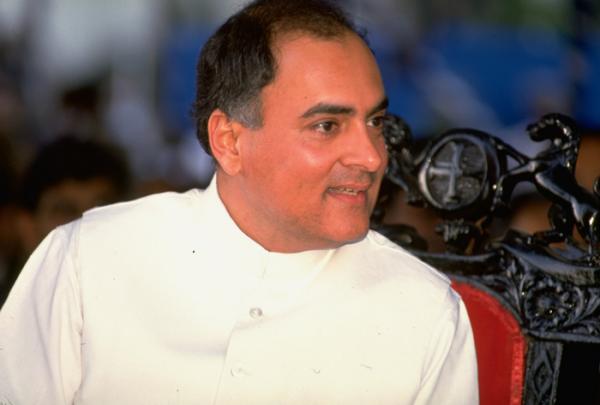
Rajiv Gandhi. (Photo: Getty Images)
His government enacted the Muslim Women (Protection of Rights on Divorce) Act, 1986, which set aside the Shah Bano verdict. Subsequently, in the Danial Latifi case, the SC interpreted the Act and upheld the Shah Bano case. Since then, maintenance has been granted to Muslim divorcees beyond the iddat period.
Political stands on UCC
The BJP has been demanding for the Uniform Civil Code for a long some. It has also been a key element in their election manifesto.
Significantly, the UCC has also been a long standing demand of the Rashtriya Swayamsevak Sangh. Both, the BJP and the RSS have cited the example of Goa (with a BJP government at the helm) which has adopted a common law called the Goa Civil Code.
However, now when questioned about the implementation, the government clarified, citing a "need for wide consultations with stakeholders on the issue of a common law irrespective of religion".
The Congress-led UPA had maintained in Parliament that its government would not touch the subject.
Further, the demand for a uniform civil code has acquired communal overtones which have overshadowed the innate merits of the proposal.
High-time to act
"A common civil code will help the cause of national integration by removing disparate loyalties to law which having conflicting ideologies," CJI YV Chandrachud said in the Shah Bano maintenance case in 1985.
Not just courts, but activists, too, are of the view that a Uniform Civil Code will help counter gender disparity. It is also upheld that a uniform civil code will help in reducing vote bank politics that most political parties indulge in during every election. If all religions are covered under the same laws, the politicians will have less to offer to certain minorities in exchange of their vote.


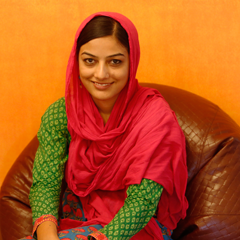
![BJP's Kapil Mishra recreates Shankar Mahadevan’s ‘Breathless’ song to highlight Delhi pollution [WATCH] BJP's Kapil Mishra recreates Shankar Mahadevan’s ‘Breathless’ song to highlight Delhi pollution [WATCH]](http://images.catchnews.com/upload/2022/11/03/kapil-mishra_240884_300x172.png)

![Anupam Kher shares pictures of his toned body on 67th birthday [MUST SEE] Anupam Kher shares pictures of his toned body on 67th birthday [MUST SEE]](http://images.catchnews.com/upload/2022/03/07/Anupam_kher_231145_300x172.jpg)


_251372_1280x720.jpg)
_251371_1280x720.jpg)

